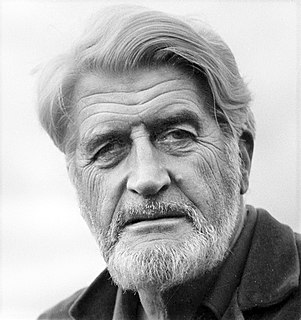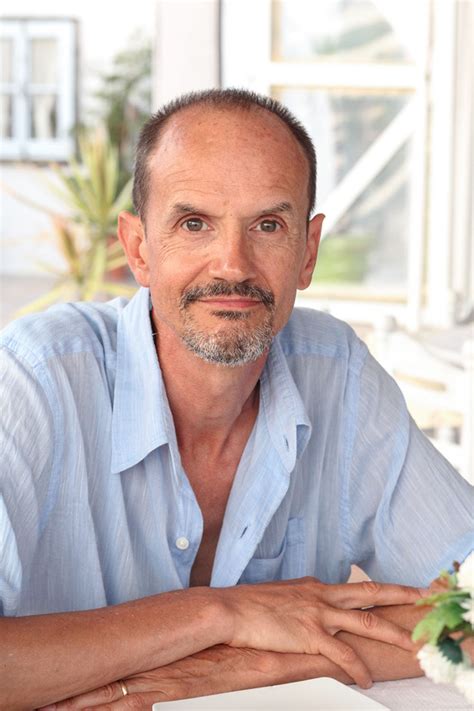A Quote by Claude Levi-Strauss
I therefore claim to show, not how men think in myths, but how myths operate in men's minds without their being aware of the fact.
Related Quotes
Myths, as compared with folk tales, are usually in a special category of seriousness: they are believed to have "really happened,"or to have some exceptional significance in explaining certain features of life, such as ritual. Again, whereas folk tales simply interchange motifs and develop variants, myths show an odd tendency to stick together and build up bigger structures. We have creation myths, fall and flood myths, metamorphose and dying-god myths.
There is something feeble, and a little contemptible, about a man who cannot face the perils of life without the help of comfortable myths. Almost inevitably some part of him is aware that they are myths and that he believes them only because they are comforting. But he dare not face this thought, and he therefore cannot carry his own reflection to any logical conclusion.
"The myths," says Horace in his Ars Poetica, "have been invented by wise men to strengthen the laws and teach moral truths." While Horace endeavored to make clear the very spirit and essence of the ancient myths, Euhemerus pretended, on the contrary, that "myths were the legendary history of kings and heroes, transformed into gods by the admiration of the nations." It is the latter method which was inferentially followed by Christians when they agreed upon the acceptation of euhemerized patriarchs, and mistook them for men who had really lived.
What we men share is the experience of having been raised by women in a culture that stopped our fathers from being close enough to teach us how to be men, in a world in which men were discouraged from talking about our masculinity and questioning its roots and its mystique, in a world that glorified masculinity and gave us impossibly unachievable myths of masculine heroics, but no domestic models to teach us how to do it.





































